Dogs eat poop. What a horrifying reality! But why do dogs eat cat poop? This behavior is often driven by curiosity or a lack of certain nutrients. In this article, we’ll explain the reasons behind it and share effective tips to stop it.
Key Takeaways
- Dogs eat cat poop due to curiosity, nutritional deficiencies, and boredom, not usually for its delicious taste.
- This behavior poses health risks, including exposure to harmful bacteria and potential digestive problems.
- Preventing this behavior involves keeping the litter box out of reach, regular cleaning, and ensuring a balanced diet, enough exercise and training.
- Why do dogs eat cat poop...well it could just be that they think it tastes good.
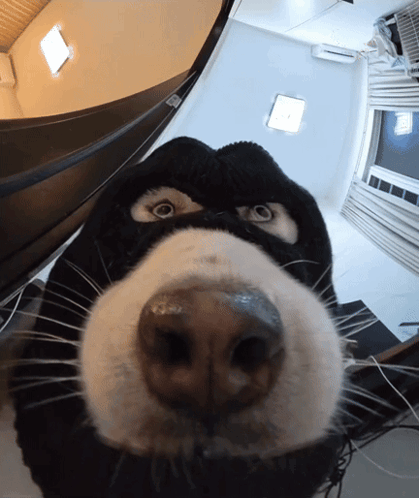
Understanding Why Dogs Eat Cat Poop
Most dogs love eating non food items (hello plastic!), gross things and some dogs love eating poop. You may have seen young puppies eat their own poop or have already experienced the traumatic dog park incident of screaming at the top of your lungs and praying your dog abides. This can be hella stressful for pet parents.
Forrest in particular seems to find cat candies especially irresistible. Understanding why dogs eat cat poop is the first step in tackling the issue. Dogs are naturally curious animals, and their scavenging instincts often lead them to explore and taste various things in their environment, including cat feces. Curious cat candy connoisseurs some may say. However, curiosity and scavenging aren’t the only reasons behind this behavior.
There are several factors at play, from nutritional deficiencies and behavioral issues to an attraction to the smell and taste of cat poop. Breaking down these reasons can provide a clearer picture.
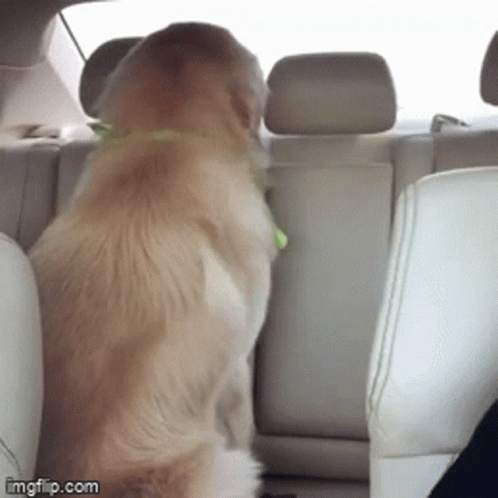
Curiosity and Scavenging Instincts
Dogs are inherently curious, always keen to explore their surroundings. This curiosity often leads them to investigate litter boxes, which are full of interesting scents and materials. A whiff of the cat’s litter box can quickly turn a dog’s curiosity into a scavenging expedition.
Inherited scavenging instincts drive them to seek out and taste various items, including cat poop, as part of their survival behavior, though it’s not ideal in a domestic setting.
Regular cleaning of the cat’s litter box can reduce the temptation for dogs to explore and eat cat poop.
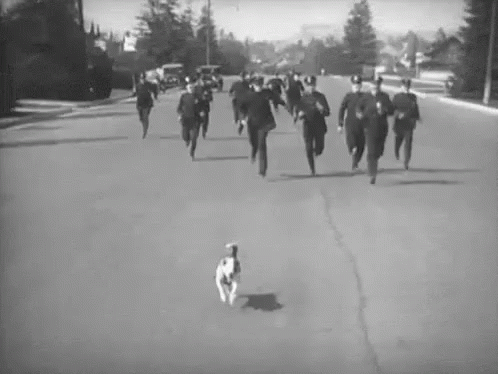
Nutritional Deficiencies in Dogs
If your dog is not getting a well balanced diet, nutritional deficiencies in a dog’s diet can also lead them to seek out alternative food sources, including cat feces. If a dog’s diet lacks certain nutrients, they might be driven to eat cat poop to compensate for the deficiency. I mean's it's gross what can we say, but I guess they're getting second hand cat food?
A well-balanced dog’s diet can prevent this behavior. Providing a balanced diet decreases a dog’s inclination to scavenge for nutrients found in cat poop. Eating cat poop might indicate that your dog is seeking more nutrition.
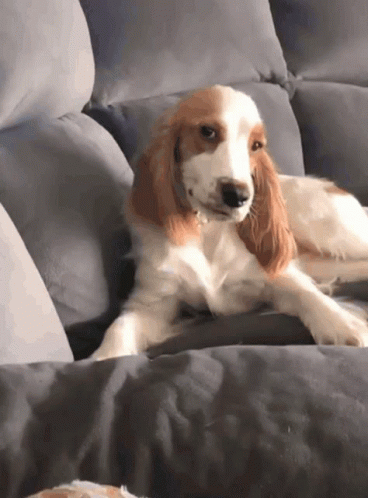
Behavioral Issues and Boredom
Lack of mental stimulation and boredom can lead dogs to undesirable behaviors like eating cat poop. Insufficient exercise or mental activity may drive them to coprophagia as a way to fill the void. When a dog eats cat poop, it can be particularly concerning for pet owners.
Stress can also play a role. Stress or anxiety may also lead dogs to eat poop as a form of stimulation. Positive reinforcement training and engaging toys can help prevent boredom and reduce the likelihood of this behavior.
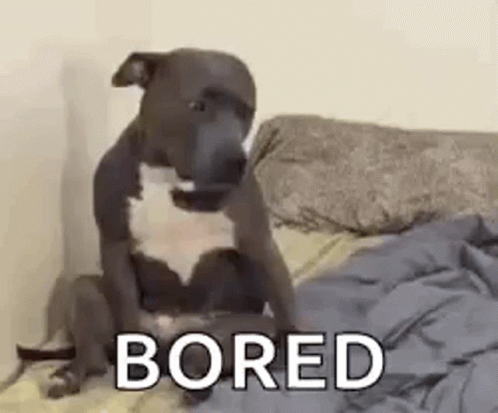
Attraction to the Smell and Taste
The rich protein and fat content in cat poop makes it particularly enticing to dogs (Ugh, I can't believe I just wrote that sentence). The high nutritional value of cat food translates into their feces, attracting many dogs. 💁🏻♀️
Is Eating Cat Poop Harmful to Dogs?
Eating cat poop may appear harmless at first glance. However, it can actually pose several health risks to dogs. Consuming cat feces exposes dogs to harmful bacteria and parasites, potentially leading to health issues. The potential health risks include internal parasites and digestive issues. Eating cat poop bad can be a serious concern for pet owners.
The risk of serious health consequences from eating cat poop is generally low, especially if the cat is healthy. Awareness of potential dangers and preventive measures is still important.
Exposure to Parasites and Bacteria
Consuming cat feces puts dogs at risk of contracting harmful bacteria like E. coli and Salmonella. These bacteria can cause severe health issues in dogs, leading to symptoms like vomiting and diarrhea.
Eating cat poop exposes dogs to internal parasites, potentially leading to long-term health problems if untreated. Their natural scavenger instincts compel them to investigate and consume various items, including cat candies. 🍬
Digestive Problems and Illnesses
Consuming cat poop can cause various digestive issues in dogs. Common issues include vomiting, diarrhea, and digestive disturbances. These problems arise because a dog’s digestive system isn’t designed to process cat feces.
Risk of Intestinal Blockages
Ingesting cat litter along with cat’s feces can pose serious risks of intestinal blockages. Clumping cat litter can expand and cause blockages in the digestive tract.
Monitoring your dog’s bowel movements for signs of blockage is important if they’ve ingested cat litter. Keeping the litter box out of reach helps prevent these health issues.
How to Prevent Your Dog From Eating Cat Poop
A combination of strategies can prevent your dog from eating cat poop. Keeping the litter box out of reach, maintaining regular cleaning, providing adequate exercise, and using training commands can significantly reduce this behavior.
Exploring these methods in more detail can help you find the best solution for your household.
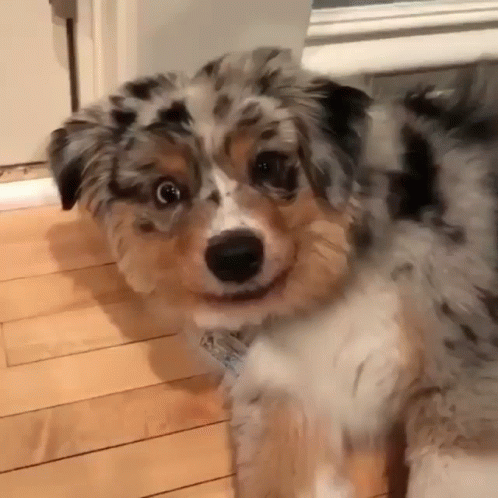
Keep the Litter Box Out of Reach
One of the most effective ways to prevent dogs from eating cat poop is to keep the litter box out of their reach. Utilising a baby gate with small access doors allows cats to enter the litter box while keeping dogs out.
Placing the litter box in a room closed off from your dog or using covered litter boxes can also limit access. This simple adjustment can effectively keep your dog away from the cat’s feces. I mean if you have a lovely litter box, consider keeping it well out of your dog's reach lest you need to confront your Sidekick during their secret midnight snack.
Regular Cleaning of the Litter Box
Regularly cleaning the litter box is essential to keep dogs away from cat feces. Instant removal of cat feces reduces the chances of dogs being tempted to eat it.
Consider using a self-cleaning litter box, such as the Litter-Robot, to help maintain cleanliness. Maintaining a clean litter box helps prevent dogs from engaging in undesirable behaviors like eating cat poop.
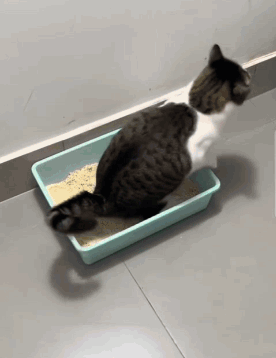
Provide Adequate Exercise and Mental Stimulation
Regular activity can help curb undesirable behaviors like eating cat poop. Adequate exercise and mental stimulation prevent boredom-related behaviors.
Walks, playtime, and interactive toys keep your dog mentally and physically stimulated, reducing interest in the litter box.
Training Commands and Positive Reinforcement
Commands like ‘leave it’ are effective in preventing dogs from eating cat poop. Positive reinforcement when using commands discourages dogs from eating unwanted items like cat poop. So let's just say you need to carry tastier treats than what a cat's butt has to offer. The smellier the better, anything high value can work.
Their are apps that offer training programs to help owners teach commands and use positive reinforcement effectively. Consistent training prevents dogs from developing habits like eating cat poop.
When to Consult a Veterinarian
It's crucial to consult a veterinarian if your dog suddenly starts eating cat poop (especially in large quantities), as this behavior could signal underlying health issues. Sudden changes in a dog's behavior, including eating cat feces, might indicate nutritional deficiencies or digestive problems that require professional attention.
Additionally, if your dog exhibits symptoms such as weight loss, vomiting, diarrhea, lethargy, or any other signs of illness, seeking veterinary care becomes essential. These symptoms could suggest the presence of harmful bacteria or parasites ingested from cat feces, leading to more serious health complications if left untreated.
Regular check-ups with a vet can also help ensure that your dog's diet is balanced and meets all their nutritional needs, potentially preventing the urge to eat cat poop in the first place.
Frequently Asked Questions
Understanding why dogs eat cat poop and the potential health risks involved is the first step in addressing this behavior. By implementing practical solutions such as keeping the litter box out of reach, maintaining regular cleaning, providing adequate exercise, and using training commands, you can significantly reduce this behavior.
Frequently Asked Questions
Is eating cat poop harmful to dogs?
Eating cat poop can be harmful to dogs as it may expose them to harmful bacteria and parasites, causing digestive issues and potentially leading to blockages. It's best to keep them away from it!
How can I stop my dog from eating cat poop?
To stop your dog from eating cat poop, try moving the litter box to a place that's out of reach and keep it clean. Also, giving your dog plenty of exercise and mental stimulation can help redirect their attention.




